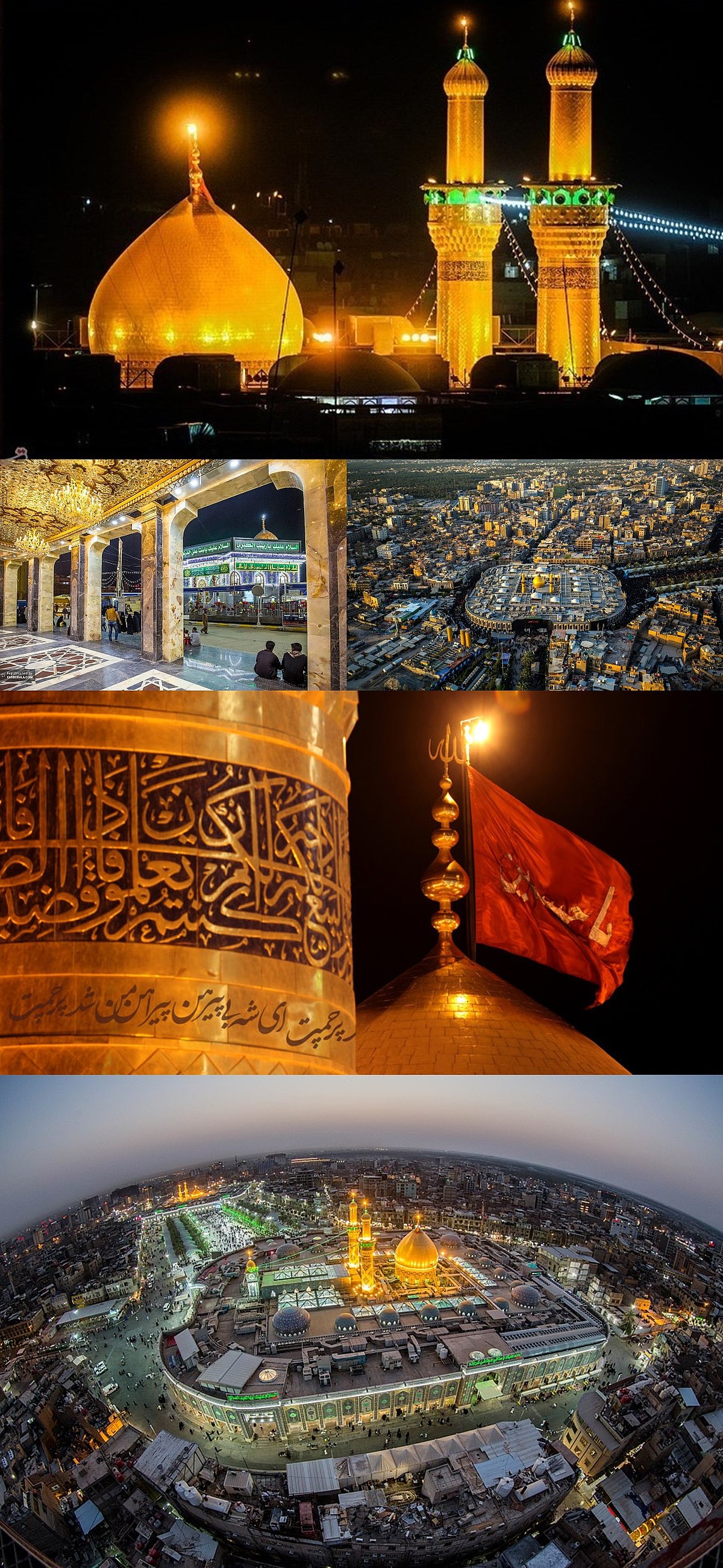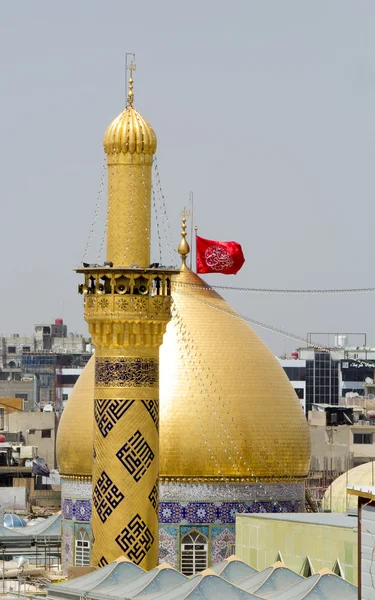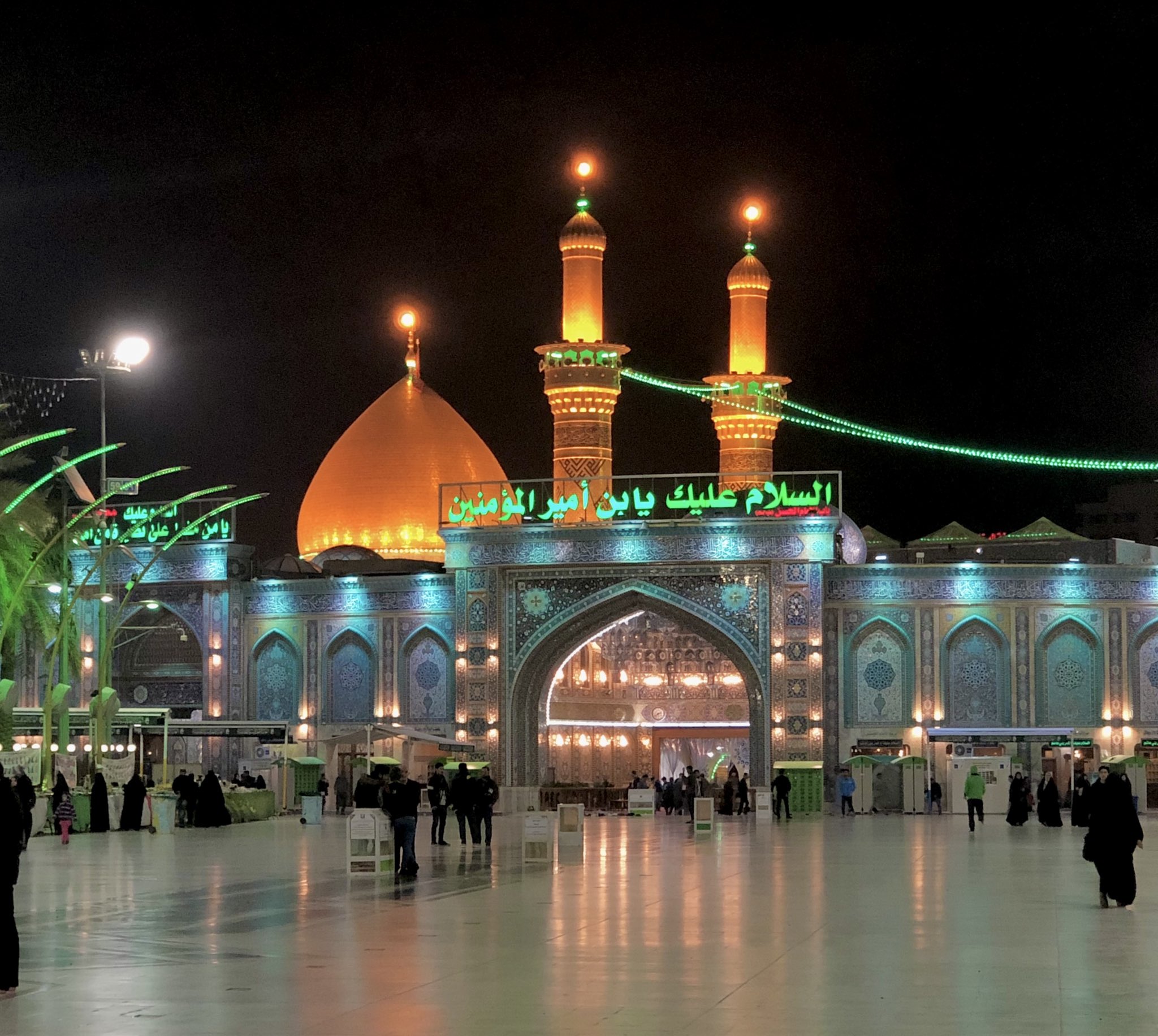HISTORY OF KARBALA.
Karbala is a city in Iraq that is revered by Shia Muslims as a site of great religious significance. The city is known for the Battle of Karbala, which took place in the year 680 CE. The battle was fought between the forces of the Umayyad Caliphate, led by the caliph Yazid I, and a small group of supporters of the Prophet Muhammad's grandson, Husayn ibn Ali.
Husayn and his followers were seeking to claim the caliphate for themselves, but were outnumbered and outgunned by the forces of Yazid. Despite their efforts, Husayn and his followers were ultimately defeated, and Husayn was killed in the battle.
The Battle of Karbala is considered a key event in the history of Shia Islam, and is remembered as a symbol of resistance against injustice and oppression. The city of Karbala is now an important place of pilgrimage for Shia Muslims, who come from all over the world to pay their respects at the shrines of Husayn and his followers. The city is also home to a number of important religious and cultural institutions, including the Shrine of Imam Husayn and the Shrine of his brother, Abbas ibn Ali.
Imam Husayn ibn Ali was the grandson of the Prophet Muhammad and is considered one of the most important figures in Shia Islam. He was born in the year 626 CE in Mecca, Saudi Arabia, and was a direct descendant of the Prophet through his son-in-law, Ali. Husayn was known for his piety and devotion to Islam, and was highly respected by the people of his time.
During the 7th century, the Muslim community was divided by a power struggle over who should succeed the Prophet as leader of the community. Husayn and his supporters believed that the leadership of the community should be passed down through the Prophet's family, while others believed that the leadership should be determined through a process of election. Husayn and his followers were ultimately outnumbered and outgunned by the forces of the Umayyad Caliphate, led by the caliph Yazid I, and were defeated in the Battle of Karbala in 680 CE. Husayn and many of his supporters were killed in the battle, which is remembered as a key event in the history of Shia Islam.
Today, Imam Husayn is revered as a symbol of resistance against injustice and oppression, and is considered a martyr by Shia Muslims. His shrine in Karbala, Iraq is a place of pilgrimage for millions of Shia Muslims from all over the world.
The shahadat of Imam Husayn ibn Ali refers to the death of Imam Husayn, who is considered one of the most important figures in Shia Islam. Imam Husayn was the grandson of the Prophet Muhammad and a direct descendant of the Prophet through his son-in-law, Ali. He was known for his piety and devotion to Islam, and was highly respected by the people of his time.
In the year 680 CE, the Muslim community was divided by a power struggle over who should succeed the Prophet as leader of the community. Husayn and his supporters believed that the leadership of the community should be passed down through the Prophet's family, while others believed that the leadership should be determined through a process of election. Husayn and his followers were ultimately outnumbered and outgunned by the forces of the Umayyad Caliphate, led by the caliph Yazid I, and were defeated in the Battle of Karbala. Husayn and many of his supporters were killed in the battle, which is remembered as a key event in the history of Shia Islam.
The shahadat of Imam Husayn is remembered and commemorated by Shia Muslims as a day of mourning and reflection on the sacrifice of Imam Husayn and his followers. It is a time to remember their struggle against injustice and oppression, and to reaffirm the values of piety and devotion to Islam.








0 Comments